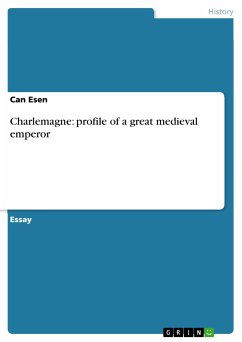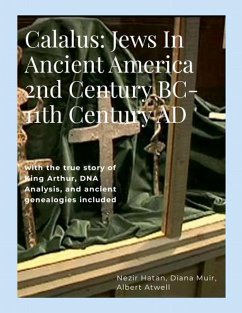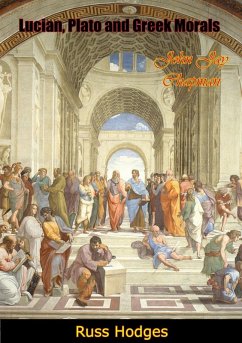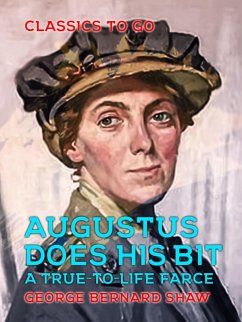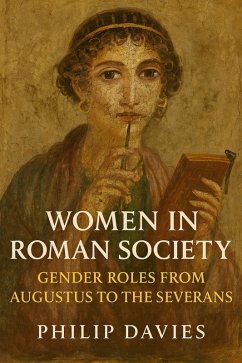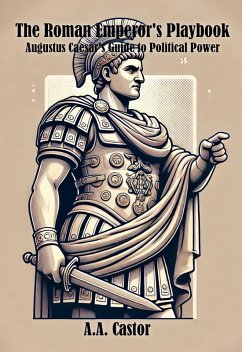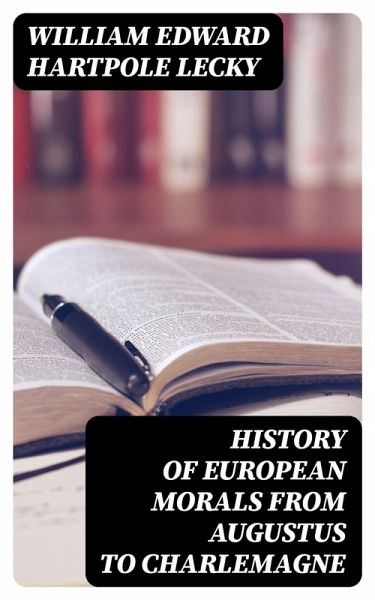
History of European Morals From Augustus to Charlemagne (eBook, ePUB)

PAYBACK Punkte
0 °P sammeln!
In "History of European Morals From Augustus to Charlemagne," William Edward Hartpole Lecky delivers a thorough exploration of the evolution of moral thought across Europe, spanning from the Roman Empire through the early medieval period. With his characteristic analytical precision, Lecky employs a narrative style that intertwines historical fact with philosophical inquiry, offering insights into how shifting socio-cultural dynamics influenced moral evolution. The work is meticulously organized, with an emphasis on key figures and movements that delineated moral progress, skillfully contextua...
In "History of European Morals From Augustus to Charlemagne," William Edward Hartpole Lecky delivers a thorough exploration of the evolution of moral thought across Europe, spanning from the Roman Empire through the early medieval period. With his characteristic analytical precision, Lecky employs a narrative style that intertwines historical fact with philosophical inquiry, offering insights into how shifting socio-cultural dynamics influenced moral evolution. The work is meticulously organized, with an emphasis on key figures and movements that delineated moral progress, skillfully contextualizing their relevance within the broader tapestry of European history. Lecky, an Irish historian and philosopher, wrote this seminal work during a time when Victorian intellectuals grappled with the implications of moral relativism and the historical roots of ethical systems. His keen interest in the connections between history, philosophy, and social progress informed his exploration of moral sentiment, ultimately reflecting his commitment to understanding the interplay between evolving morality and historical context. This inquiry is notable, especially during a period marked by rapid industrial and social change in Europe. Readers seeking a deepened understanding of the foundations of European moral thought will find Lecky's work indispensable. As it engages with pivotal questions regarding ethics, justice, and societal values, this book remains a critical resource for scholars and general readers alike, illuminating the enduring legacies that continue to shape moral discourse today.
Dieser Download kann aus rechtlichen Gründen nur mit Rechnungsadresse in A, B, BG, CY, CZ, D, DK, EW, E, FIN, F, GR, H, IRL, I, LT, L, LR, M, NL, PL, P, R, S, SLO, SK ausgeliefert werden.






